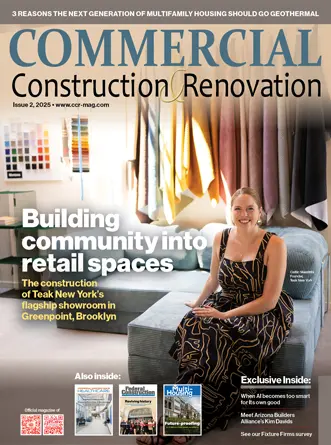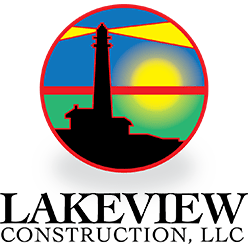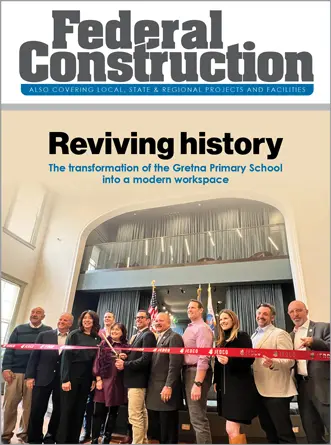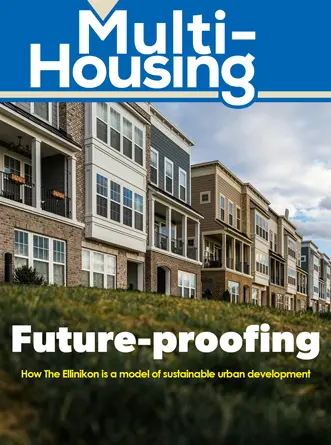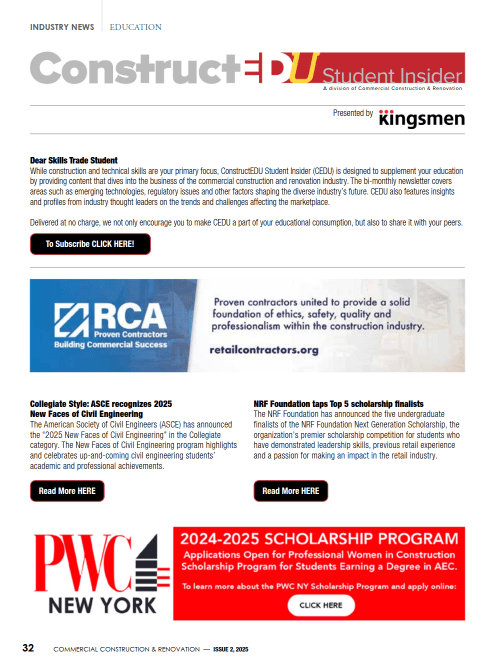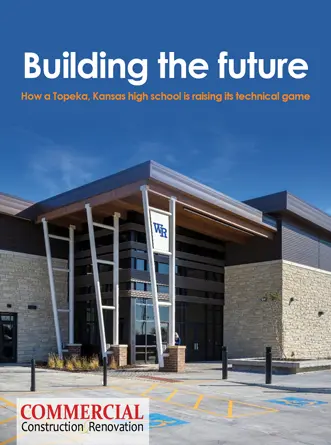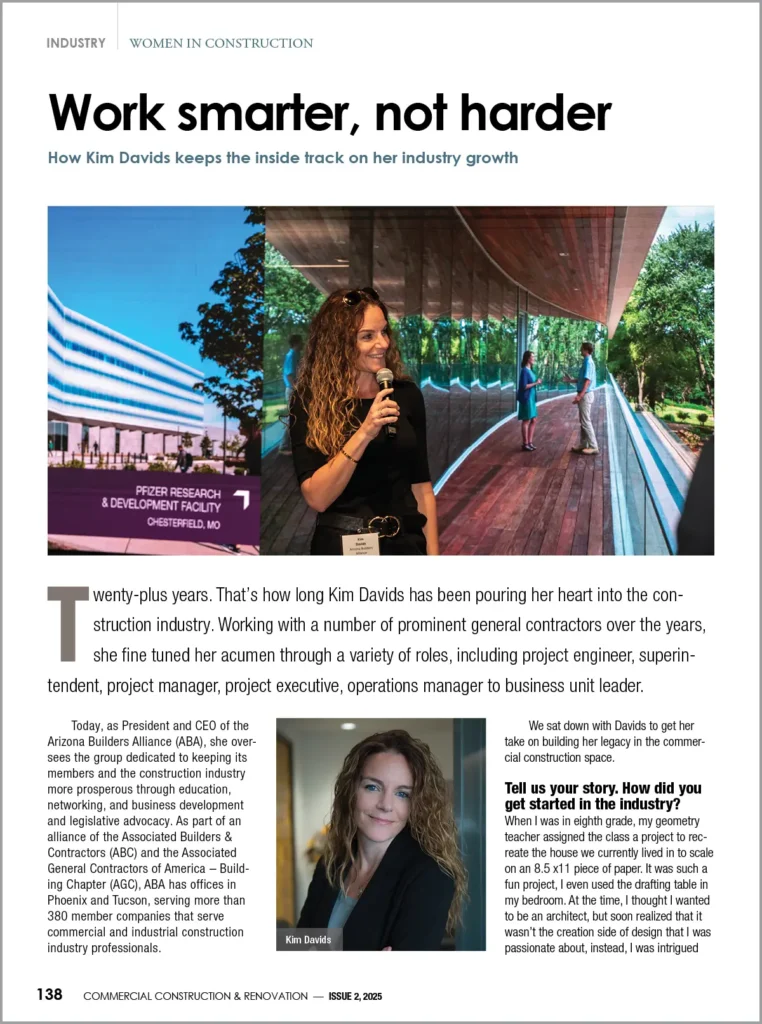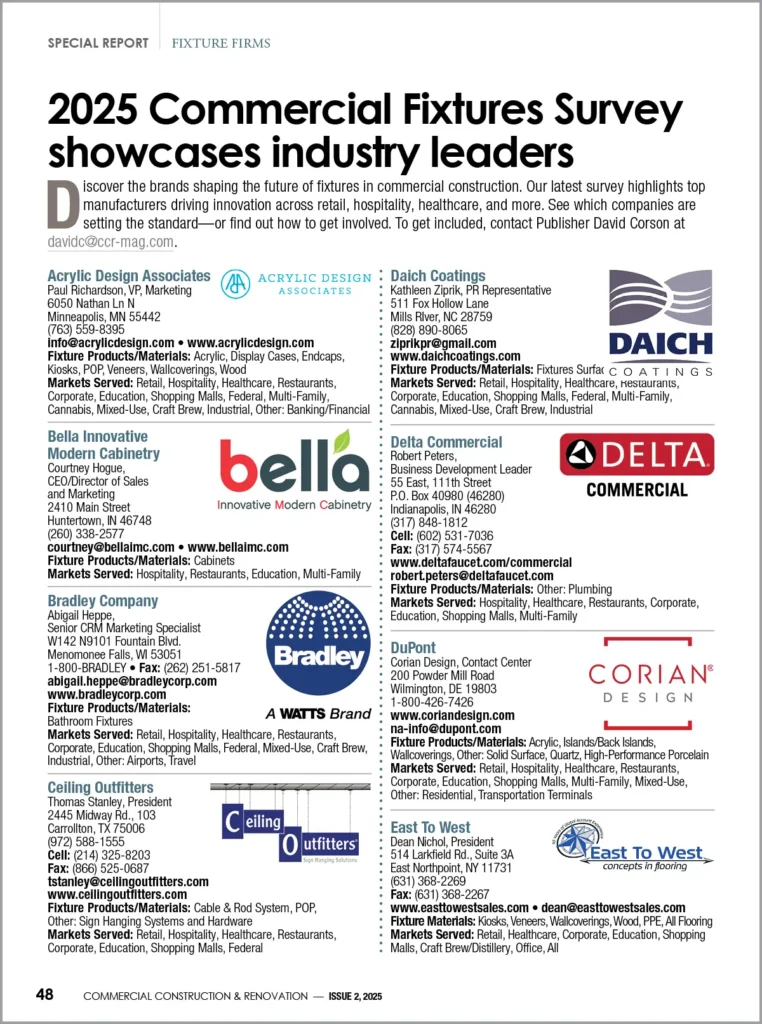Getting into the construction or renovation business can be exciting, but it also comes with a heap of legal responsibilities. Whether you’re building new structures or remodeling old ones, understanding construction law is crucial to keep your projects running smoothly and avoid any legal hiccups.
This guide is here to help you navigate the essentials of construction law. We’ll cover the basics you need to know, from contracts and permits to safety regulations and dispute handling. By the end, you’ll have a clearer picture of what’s required to stay on the right side of the law and keep your projects on track.
Understanding Construction Contracts
Construction contracts are the backbone of any building or renovation project. They lay out the terms and conditions agreed upon by both the client and the contractor. A good construction contract should include clear details about the scope of work, timelines, payment schedules, and any contingencies. It’s essential to read through these agreements carefully and understand what you’re signing up for. Common issues can arise from vague contract terms or misunderstandings, so it’s crucial to be thorough and precise. By ensuring that all parties are on the same page, you can avoid potential disputes down the line.
Licensing and Permits
Before you even think about breaking ground, you need to make sure you have the right licenses and permits. These are required by law to ensure that the work meets local building standards and regulations. Depending on your location and the nature of the project, you might need different types of permits for things like electrical work, plumbing, or structural changes. Obtaining these permits might seem like a hassle, but skipping this step can lead to serious legal trouble and costly fines. Always check with your local building department to ensure you have all the necessary approvals before starting any work.
Zoning Laws and Building Codes
Zoning laws and building codes are designed to ensure that construction projects are safe and appropriate for their locations. Zoning laws dictate how land can be used in different areas, such as residential, commercial, or industrial zones. Building codes, on the other hand, set the standards for construction quality and safety. It’s vital to understand and comply with these regulations to avoid legal issues and ensure the safety of your building. Make sure to do your homework and consult with local authorities or a legal expert if you’re unsure about the specific requirements for your project.
Construction Site Safety and Liability
Keeping your construction site safe is not just good practice; it’s a legal necessity. As a builder or renovator, you are responsible for ensuring the safety of your workers and anyone else who might be on-site. This means following safety protocols, providing the necessary protective gear, and making sure everyone is trained properly. Accidents can happen, and when they do, you could be held liable if proper safety measures weren’t in place. Regular safety inspections and compliance with OSHA regulations can help minimize risks and protect you from potential lawsuits.
Handling Disputes and Litigation
Disputes in construction projects are unfortunately common, but knowing how to handle them can save you a lot of time and money. The key is to address issues as soon as they arise and try to resolve them amicably. Communication is crucial – often, disputes can be settled through simple negotiation. If that doesn’t work, mediation or arbitration are alternatives to going to court. These methods are usually quicker and less costly than litigation. Having a clear contract and keeping detailed records can also help resolve disputes more efficiently.
Insurance and Bonding
Insurance and bonding are critical components of any construction project, providing financial protection and peace of mind. Construction insurance covers various risks, including property damage, injuries on the job site, and third-party claims. Common types of insurance include general liability, workers’ compensation, and builder’s risk insurance. Bonding, on the other hand, guarantees that you will fulfill your contractual obligations. Performance bonds ensure the project is completed as agreed, while payment bonds guarantee that subcontractors and suppliers are paid. Having the right insurance and bonds in place can safeguard your business against unforeseen events and legal claims, ensuring your projects stay financially secure.
Role of a Construction Accident Lawyer
Even with the best safety measures in place, accidents can still occur on a construction site. When they do, having a construction accident lawyer can be incredibly beneficial. These lawyers specialize in handling the legal ramifications of construction accidents, helping you navigate claims and win personal injury claims.
They can assist in investigating the incident, ensuring compliance with legal requirements, and representing your interests in court if necessary. It’s important to have legal representation to protect your business and manage the complexities that come with construction-related injuries.
Conclusion
Navigating the legal landscape of construction and renovation can be challenging, but it’s an essential part of running a successful project. From understanding contracts and obtaining permits to ensuring safety and handling disputes, being well-versed in construction law can help you avoid costly mistakes and keep your projects on track. Remember, when in doubt, it’s always a good idea to seek professional legal advice to protect your interests and ensure compliance with all relevant laws and regulations.

